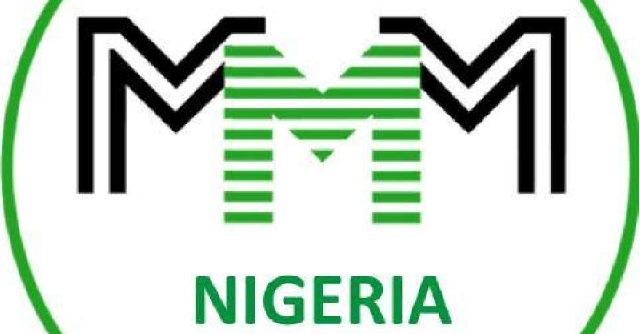MMM vs Government
While MMM has been banned in several countries including China (in January 2016), ex-USSR states, among others, Nigeria is yet to place a ban on the scheme despite a call from a member of the House of Representatives, Saheed Fijabi who raises the issue on the floor of the house.
He reportedly asked the Economic and Financial Crimes Commission to arrest promoters of MMM, stating that the scheme is a fraud and Nigerians should be saved from investing in such.
NAIJ.com learnt that some angry youths in Ibadan who are participants of MMM threatened to burn down Fijabi’s father’s house should the scheme be banned. Our source revealed that some members of the scheme are planning to meet with the federal lawmaker over the matter.
A security expert who spoke with our reporter said the federal government can shut down MMM if there is a good cause to do so.
“With my little knowledge of MMM, one way FG can shut down the scheme is should participants begin to complain about non-payment of monies, FG can attempt to shut down but it will be difficult MMM servers are not in Nigeria,” he said.
On its part, the Central Bank of Nigeria (CBN) has warned consumers not to deposit money in any institution that is not insured by the Nigeria Deposit Insurance Corporation (NDIC).
“These people always come with very interesting propositions. These are fraudsters who are just out there to collect people’s money and run away as soon as they hit their target,” CBN’s communications director, Isaac Okoroafor, was quoted in several reports.

MMM adds nothing to Nigeria’s GDP, it’s fraud and should be banned – Financial analyst
A financial analyst Ileowo Kikiowo who spoke with NAIJ.com said MMM is a total fraud and a money doubling scheme which will leave many Nigerians frustrated when it eventually collapses.
“The Mavrodi Mundial Movement contrary to popular opinion is NOT an investment, it is strictly a money doubling scheme. Even the promoters of the scheme have stated it severally in public fora and on their website that MMM is not an INVESTMENT scheme.
“For your readers who may not understand, Ponzi schemes are pseudo-investment schemes that promises returns on ‘investments’ without engaging in productive or commercial activities. Promoters of such schemes only pay ‘investors’ with funds from other ‘investors’.”
He, however, said the scheme has no effect on Nigeria’s economy as it adds nothing to the country’s dwindling GDP “as there is no productive activities actually taking place.”
“So MMM is a money doubling scheme that pays old ‘investors’ with new ‘investors’ money, like a wealth redistribution scheme.”
He said MMM is not here to stay.
“If you remember, a similar scheme has surfaced few years back between 2007 and 2009. It all crashed when there where no NEW entrants into the scheme.
“So like a Ponzi schemes, MMM will definitely run into problem when there are no new sign on. Those who reap the benefit of schemes like MMM are those who are on top of the leader, or who joined early.
“The problem is, when such schemes become so large, the tendency for default will be very high, thus making new entrants lose confidence in the scheme when defaults start happening.
“If the funds generated from such schemes are actually used for productive activities that bring real incomes injected into such schemes, maybe it would have been successful.
“That is why Ponzi schemes like forever living products etc that actually sell real products are still in existence. Though their business model could be faulty, it still looks sustainable in the long run.”
Asked if the system not sustainable considering the huge population Nigeria has, Mr Ileowo said: “Population has nothing to do with sustainability of Ponzi schemes. In fact, it could be the undoing of such schemes” adding that there is no way it can be controlled and prevented from crashing.
“It will definitely give since no real productive activity. Nothing sustains it,” he opined.




































Discussion about this post